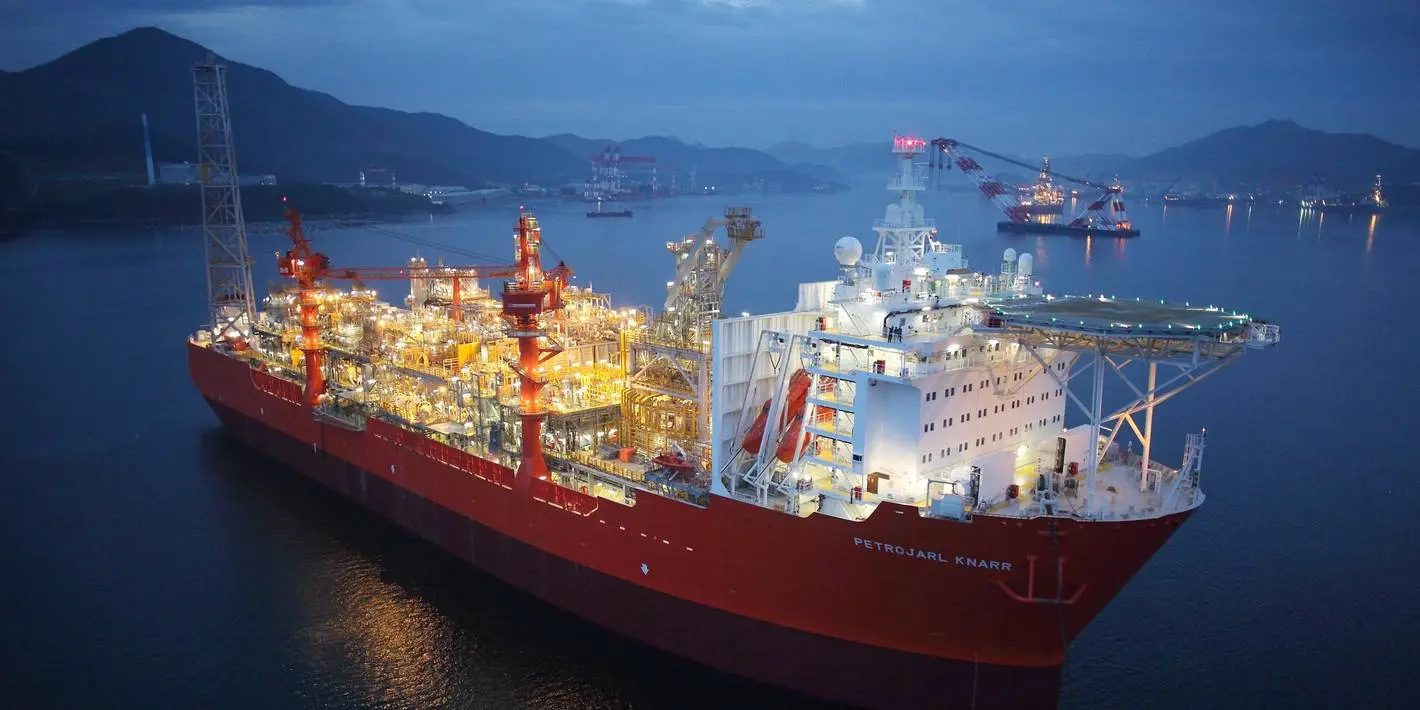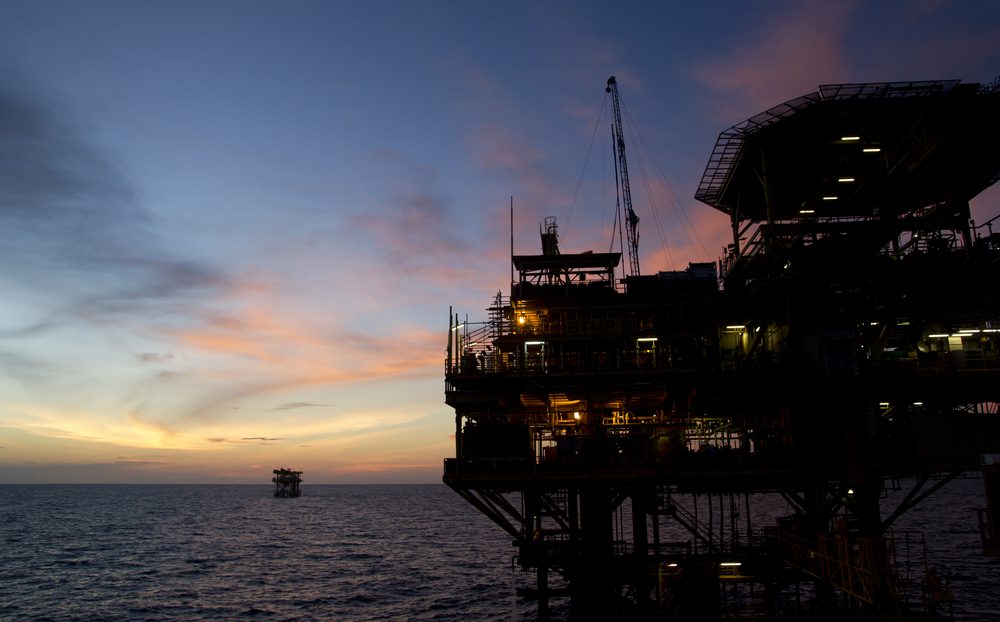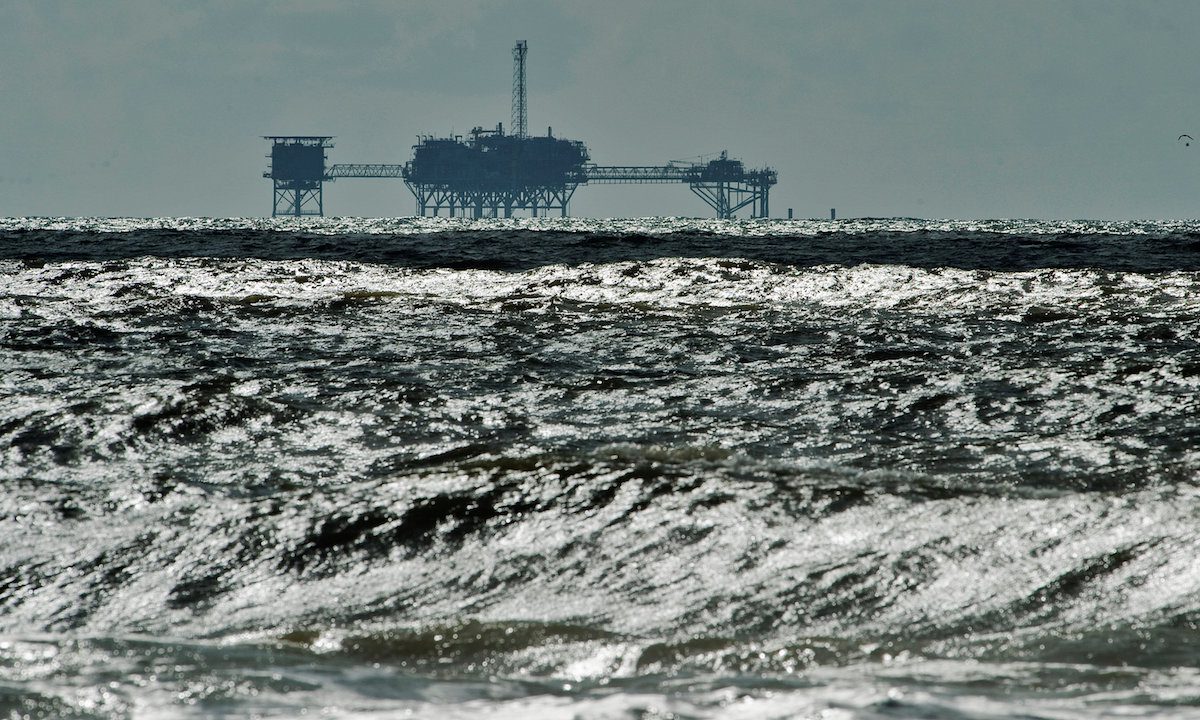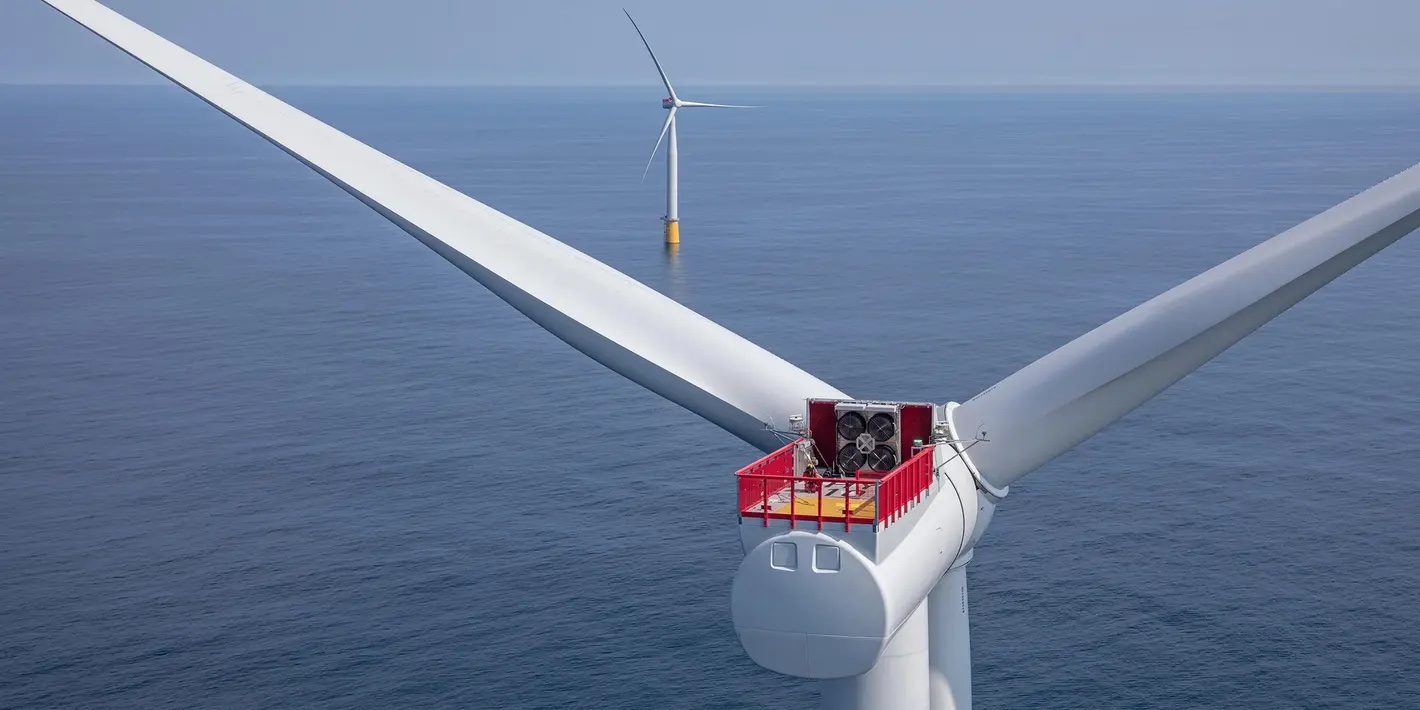The UK government has granted a development and production license to Equinor and Ithaca Energy for the $3.8 billion Rosebank project northwest of Shetland.
The Rosebank oil and gas field is being developed in compliance with the North Sea Transition Deal, an agreement between the UK government and the offshore industry acknowledging that continued demand for oil and gas must be met with the lowest possible emissions. The transition deal seeks to cut emissions from North Sea energy production in half by 2030, against a 2018 baseline, before achieving net zero emissions by 2050.
The North Sea Transition Authority granted the consent following the acceptance of the project’s Environmental Statement.
“We have today approved the Rosebank Field Development Plan which allows the owners to proceed with their project,” a spokesperson for NSTA said. “The [Field Development Plan] is awarded in accordance with our published guidance and taking net zero considerations into account throughout the project’s lifecycle.”
Approval comes over objections from environmentalist who argue that more oil and gas development will only further contribute to the climate change crisis. However, Energy Security Secretary Claire Coutinho said the field’s approval will help to secure UK energy independence amid the energy transition.
“We will continue to back the UK’s oil and gas industry to underpin our energy security, grow our economy and help us deliver the transition to cheaper, cleaner energy,” the Minister said.
The Rosebank field, operated by Equinor, is located approximately 130km west of the Shetland Islands in 1,100 meters of water. It is estimated to contain around 300 million barrels recoverable oil.
The project has been developed to reduce carbon emissions as much as possible, with a Floating Production Storage and Offloading vessel (FPSO) that will be prepared for future electrification. It is estimated that the field’s lifetime upstream CO2 intensity will be reduced from 12kg to about 3kg CO2/boe.
Equinor and Ithaca Energy have made a final investment of $3.8 billion to progress Phase 1 of the project, aiming to produce an estimated 245 million barrels of oil. The project will be developed in two phases, with phase 1 start-up planned in 2026-2027.
Production will involve subsea wells tied back to a redeployed Floating Production Storage and Offloading vessel (FPSO), the Petrojarl Knarr, with a production capacity of 70,000 barrels of oil per day for processing and offloading. Oil will be transported to refineries using shuttle tankers, while gas will be exported through the West of Shetland Pipeline system to mainland Scotland.
The Rosebank development is projected to generate £8.1 billion of direct investment, with 78% going to UK-based businesses. It will create around 1,600 jobs during construction and sustain approximately 450 UK-based jobs throughout its lifespan.
“Developing the Rosebank field will allow us to grow our position as a broad energy partner to the UK, while optimising our oil and gas portfolio, and increasing energy supply in Europe,” says says Geir Tungesvik, executive vice president Projects, Drilling and Procurement at Equinor. “Rosebank provides an opportunity to develop a field within the UK Continental Shelf which will bring significant benefits to Scotland and the wider UK.”
Already, TechnipFMC has been awarded a contract worth around USD 500 million for subsea production systems in the UK, with a significant portion in Scotland. Odfjell Drilling has also been awarded a rig contract worth USD 328 million for a drilling campaign. Altera has been awarded a charter and maintenance contract for the Petrojarl Knarr FPSO on the Rosebank field for up to 25 years.
Equinor, a long-standing energy partner to the UK, currently supplies a large portion of the UK’s gas and oil and is planning to invest over £10 billion in the UK by 2030, at least two-thirds of which will be spent on renewables and decarbonization solutions such as CO2 capture and storage, and hydrogen.

 Join The Club
Join The Club











